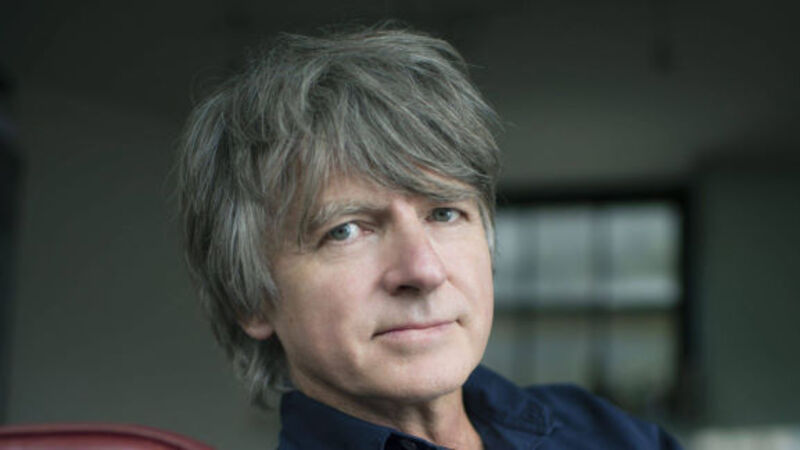Same man, different sounds for Neil Finn

NEIL FINN sounds relieved. “The new songs have been going down very well,” he says. “We get to play eight new tracks a night on our current tour. That’s great. You don’t just want to be doing the nostalgia thing.”
For the past 30 years the New Zealand singer has presented a fascinating study in contradictions. With his band Crowded House, he perfected a winning blend of rock and pop. However, as a solo artist he adores experimentation: recorded with Flaming Lips producer David Fridmann, his new album Dizzy Heights cycles between psychedelia, confessional rock and avant garde instrumentation.











